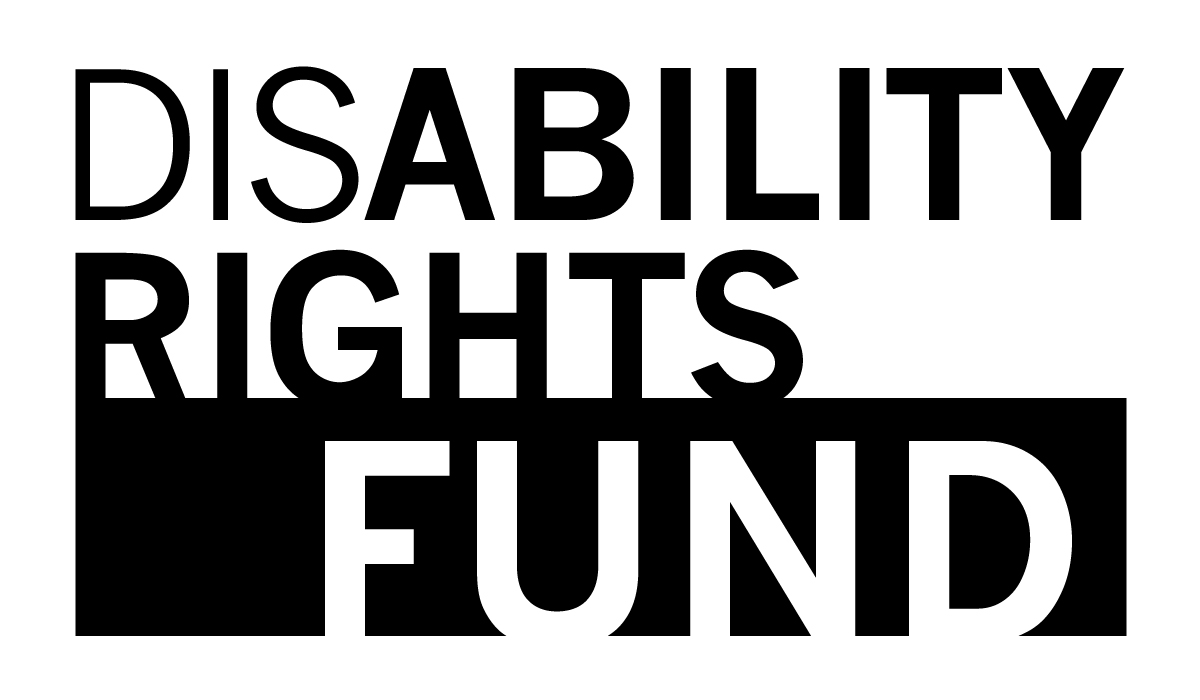
The Disability Rights Fund and Disability Rights Advocacy Fund would not exist without the vision and commitment of founding Executive Director, Diana Samarasan. Samarasan’s career has focused on nurturing intersections across related fields, from refugee and immigrant mental health to health and human rights, to new ways of practicing philanthropy to support grassroots advocacy. She is an innovative thinker who brings ideas to life, weaving across sectors and rights movements for the full participation of all, including people with disabilities.
While working as a mental health coordinator for the American Refugee Committee in Macedonia and as manager of Russian and Eastern European programs for Doctors of the World, Samarasan saw children and adults with a range of physical and mental disabilities living in inhumane detention in institutions. “I remember seeing children tied to beds for years at a time, such that their limbs atrophied. I said, I can’t be part of this profession, when this is happening in the name of mental health.” She worked on deinstitutionalization in Kosovo and Russia and came to lead the international legal advocacy organization, Mental Disability Advocacy Centre (now Validity) in Budapest. During her leadership, she and her staff participated in the process which had started at the UN towards adoption of the first human rights treaty of the 21st century: the Convention on the Rights of Persons with Disabilities (CRPD).
Samarasan and others saw an opportunity in the CRPD to address the lack of visibility of and resourcing for advocacy by persons with disabilities themselves. Before the CRPD, she noted, “people with disabilities were really objects of charity — objects for rehabilitation, objects for services, objects for protection, but not subjects with their own ability to make decisions, to be empowered, and not subjects in and of themselves. There was an idea put out there to build a disability rights fund to work at the intersection between grantmakers, donors and the global disability rates community, to figure out how to do it.” Samarasan was funded by an anonymous donor to work with the broader disability community and donors to develop a framework and structure for the fund, and to secure a seat and resources to launch it.
The Disability Rights Fund and Disability Rights Advocacy Fund formally launched in 2008 under the fiscal sponsorship of the Tides Network, with the explicit goal of supporting organizations of persons with disabilities in the Global South to participate in advancement of the CRPD at national, state, and local levels. The Funds were designed from the beginning with persons with disabilities in decision-making roles, including determining where resources were invested.
DRF/DRAF’s model for sharing power and resourcing leaders with disabilities emerged as a signature example of what is known as participatory grantmaking (PGM). This practice, of shifting decision-making power to communities directly impacted by funding decisions, is a perfect expression of the disability community’s motto, “nothing about us without us.”
Under Samarasan’s leadership, within five years DRF was recognized by the Foundation Center and the Human Rights Funders’ Network as one of the top 15 human rights grantmakers. As Samarasan noted, “We work across many disabilities. We fund organizations who monitor rights and report on rights to the committee on the convention. Through this funding, people with disabilities are taking control of rights struggles. We’re seeing people defining themselves for themselves.”
Samarasan has served on the board of the United States International Council on Disability (USICD), and as Co-Chair of the Human Rights Funders Network steering committee. She has participated in numerous steering committees, including at the Global Action on Disability Network (GLAD), and at Opportunity Collaboration, an annual convening of social entrepreneurs focused on solutions for the global challenge of poverty. She was a founding member of the Participatory Grantmaking Collective, an early group preceding the Participatory Grantmaking Community of Practice. She studied Government at Oberlin College and graduated from the School for International Training with a BA in International Studies. She received Masters Degrees in Psychology from New College of California and Public Administration from Harvard’s Kennedy School of Government, where she was a Public Service Fellow.
Samarasan has recently become a Fellow in the Narrative Initiative’s Changemaker Authors Cohort, where she is collaborating with founding Board Co-Chair and funder representative, Catherine Townsend, on a book about the history of DRF/DRAF and its role in the disability rights movement and in changing philanthropy.
After 14 years of devoted service, Samarasan ended her tenure as DRF/DRAF’s executive director on December 31, 2021. To honor Samarasan’s profound contributions, DRF/DRAF established the Diana Samarasan Disability Rights Advocacy Award. This award will be given annually to an activist who demonstrates outstanding leadership in advancing disability rights.
